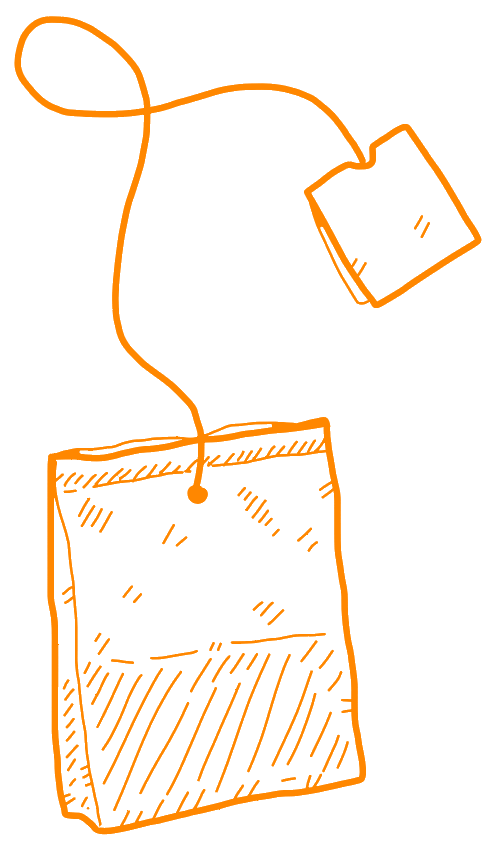“Culture is simply a shared way of doing something with a passion.”
— Brian Chesky, Co-Founder, CEO, Airbnb
In my work with thousands of business people I have been fascinated by the systems, and psychology at work. An emergent phenomenon, whenever humans get together, is culture. Culture doesn’t exist per se. Culture arises. Culture is co-created.
Throughout our research for this book, a theme repeats time and again. Controlling the controllable. Influencing what you can. Choosing. Culture is no different. Some people are culture creators. They have the skills, know-how and mentality to shape and direct the emergent paradigm of the group. They are deliberate in how they act and speak. They are proactive in culture building, and attentive in culture nurturing. Culture is a deep instruction manual in how to operate in a specific social context.
The human social system builds from conscious and unconscious observations of the behaviour and language of others. We are master imitators and know that copying helps us fit in, gain respect, belong. Yet the words we speak, the actions we take, also impact our inner world, our thoughts, feelings and state. As individuals we are in a personal cycle. And our words and actions impact the inner world of those in our tribe.
So, there are two ways to choose culture. We can make a choice about who is in our tribe, by making smart choices about who we are connected to. Or we can create culture by choosing our words and actions, especially those that shape culture.
Choosing our tribe is important. High performers across many fields hang out with those that have a positive reinforcement effect. A brilliant example is the Palo Alto poker scene. It is no surprise that the city’s top entrepreneurs and top poker players, (i.e. high stakes gamblers from different fields), spend so much time together. What they have in common is a passion for understanding what constitutes a good play; how to handle the calculations and emotions of risk. What is a wise long-term and short-term strategy? Learning flows both ways. The poker players have started tech-enabled businesses and brands. The entrepreneurs (who are often great poker players) gain a sophisticated appreciation of investment strategies. We choose our tribe when we choose a job, a hobby, a church, a school, a charity partner, a team mate, a business partner. We can make choices about those individuals who will spur us on to be a better version of ourselves, in an encouraging, caring and appropriately challenging way. We can also choose to move on from people who are diminishing us where we can’t get traction for change.
Choosing our words and actions is our second lever. Culture is formed of stories, language and rituals. Culture creators use these to impact themselves and others. In my organisation we have many stories, language and rituals. But I’ll share just one that is a vignette about culture creation. We are very high on personal responsibility and thinking about others. So, we have a high-challenge culture. This means that in our team, you will get challenged frequently, by lots of different people. People will, if for a moment you let go, ask you to hold the standard. It can feel annoying. They are ready, with a smile, and care, to pounce. Normally with a joke to soften the blow. This plays out best in our office kitchen which is always borderline immaculate. With no real effort. Why? Everyone knows that plates should be in the dishwasher, the sink should always be empty, teabags always in the bin, full rubbish bins immediately emptied, clean dishwasher unloaded, coffee knock box emptied, milk jug washed, steam wand properly cleaned. I’m very proud of how the conversations go. First a photo of the offense on Slack. And then one message: ‘Own up. Who did this?’ Tough love. There is a dedicated ongoing story, with illustrations, of how similar and close the bin is to the sink, and a story of bafflement that people could be so lazy they couldn’t step the one metre it takes to put the teabag in the bin. So, the teabag is the story. The challenge is the ritual. The directness and humour is the language. And this whole narrative is an icon. A pattern. We have the toolkit to challenge each other to hold the highest standard in every area of our work. The teabag narrative works for every other area, performance, timekeeping, honesty, career, stretch. Teabags and kitchens are a practice ground for everything else that matters. So, find your teabags.

As we go from the kitchen into more important aspects of our work, we find the same phenomena at play. Culture is (almost) everything. We have worked with hundreds of teams. The successful teams have a clear culture. Period. The cultures are not always the same. One type of culture does not work for every organisation. But the culture gives each team a unique identity.
We have spent a great deal of time working with the BMW Group over 20 years. The strapline ‘The ultimate driving machine’ contains both what they do; driving machines, but also ‘ultimate’; things have to be excellent. From the shine of the floor, to the wheel nuts on the car. This is the kind of company where everything has to be outstanding. The cultural value bonds the people into a belief system. And the belief system creates a sense of togetherness.
A tribe.
Coaching Question
Excellence: What does a culture of excellence mean for you or your organisation?
Habituator
Words: Identify the key words of your culture. Write them down. It could be stories, phrases, or expressions.
This article is based on the Amazon No.1 Hot New Release in HR, The A–Z of Human Performance. For more coaching questions and habituators on this topic and 25 more chapters from Jonna Sercombe, Emma Wiggs, and Steve Eaton, pick up a copy in paperback or eBook.
